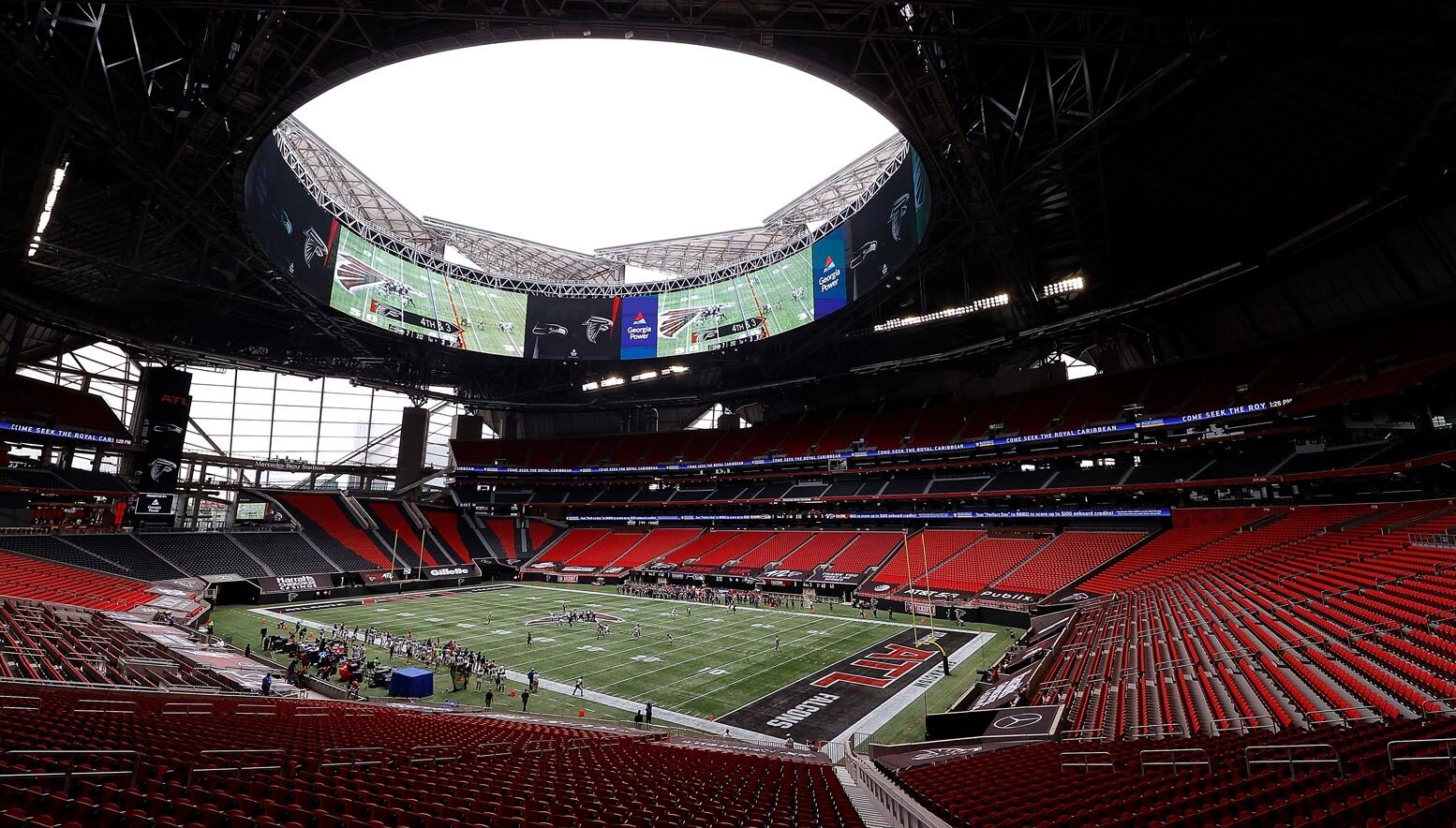So, the good news is that football is back.
The bad news is that maybe football shouldn’t be back.
College football has been back for a few weeks, and I have to admit, it felt pretty nice to watch the NFL return this weekend. Sure, it was disappointing to hear a silent stadium on 3rd and 9, and seeing referees with their faces covered seemed unusual. But it was football, with an emerald hundred-yard field and nifty uniforms and passing and catching and all that stuff.
At this point, we take what we can get. For most of the year, 2020 has been a year mostly defined by loss—of lives, of jobs, of the ability to enjoy so many things that we took for granted. It has been an exhausting year, mentally, socially, physically, emotionally. So to have football on TV, even in this weird zombie form, feels like a bit of a gift. It’s an illusion of normalcy, and in a world where everyone is craving anything resembling the way things used to be, it can feel kinda great.
But it’s important to remember that it is an illusion. As much as we’d like them to be, things are not back to normal. The coronavirus is still circulating like a Sunday paper, still affecting our lives every day, in countless ways. It’s fun to watch football, and something feels incredibly comforting about being able to sink into the couch and watch the Falcons fall behind 14-3 in the first quarter. At the same time, we just found out the University of Memphis football season has been put on hold following a COVID-19 outbreak within the program, with upwards of 40(!) people involved in one way or another, according to the Commercial Appeal. This season on “Hard Knocks,” it felt like half of each episode was about COVID-19 testing and protocols. You can’t pretend like the pandemic isn’t happening. Football is starting back despite the pandemic, and the way we consume football is going to be affected accordingly.
More than once, as the COVID pandemic has raged on, I’ve seen it said that sports are the reward of a functioning society. Which I disagree with. At some level, sports are a showcase for the people who are good at sports. They allow us to marvel at athleticism and strategy and that we will never possess. Sports provide a bonding experience, a way for us to come together and experience highs and lows as a community of like-minded people. And in this time when America seems more divided than ever, I’m all for having anything that can bring about unity—even virtually. My friend Dave and I probably hadn’t communicated since February, but since the Braves have returned to action, we’ve texted basically every day. Because for many of us, sports is the language that we speak best.
It’s OK to feel conflicted about the return of sports. After all, being a football fan has long required sort of a Faustian bargain. We’ve known for a while now about the long-term effects of playing football on the bodies of the players. To enjoy football, we had to find a way to square that we were likely watching these guys give themselves brain damage or physical disability in the long term, but in the short term we were getting to see some cool one-handed catches and hard hits when someone went across the middle. Now we have to accept another layer of possible guilt: That perhaps players could contract a virus that can be deadly, and about which we have virtually no understanding of the long-term effects.
Whether or not we should be having football seasons right now is a decision that is being made way above my pay grade. How I feel about it doesn’t matter—these games are happening with or without me. The players and coaches and refs who are out there are willing to accept the risks. I hope they stay healthy. As a result, I’m glad to spend my weekends getting one thing back that I’ve done for years: Watching people play some football.
In a world of unknowns, only one thing is certain: It still feels great to root against Drew Brees.
(Go Falcons.)
